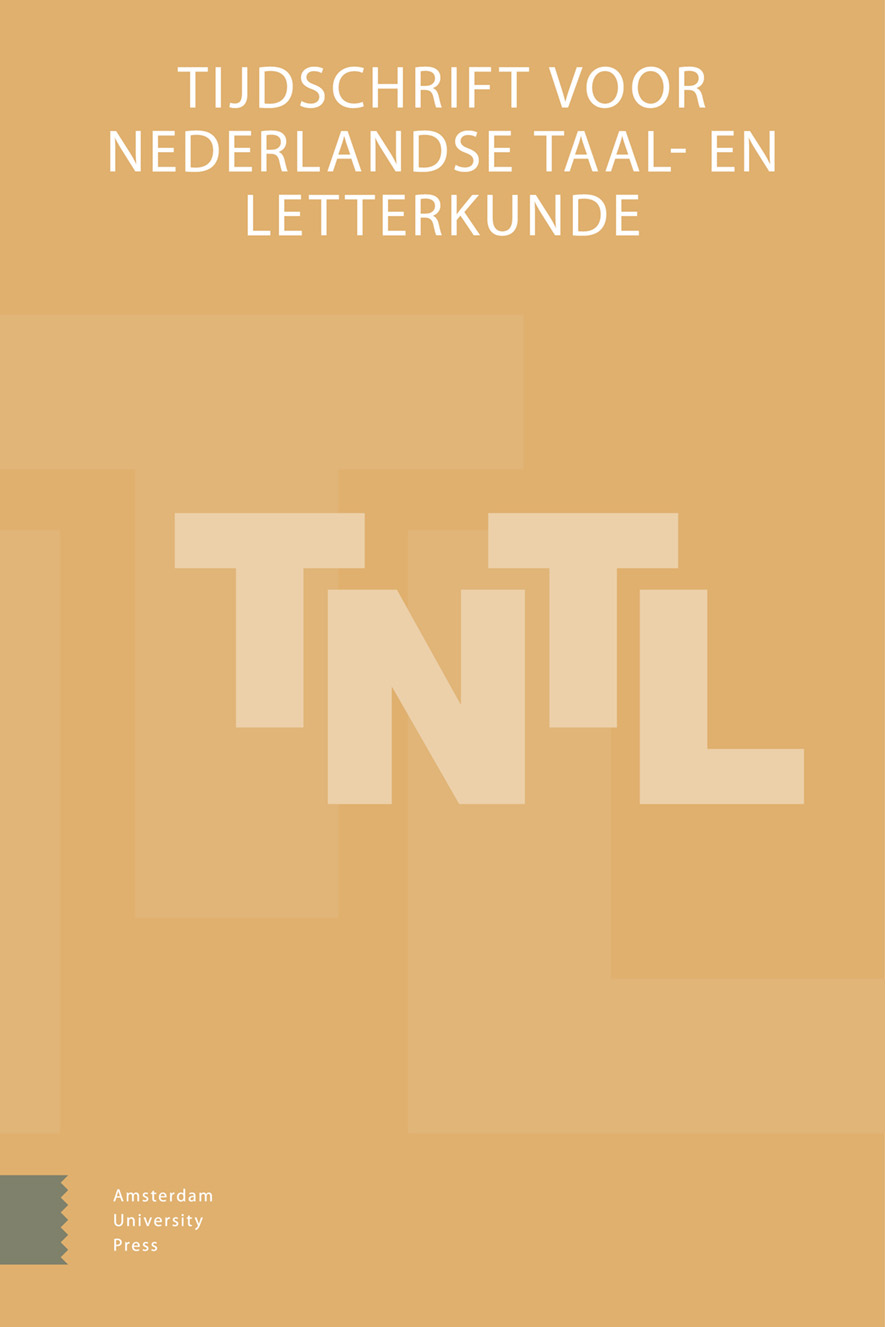
Full text loading...
We use cookies to track usage and preferences.I Understand
This article introduces postsecularism as a reading framework for Christian references within Dutch novels. Postsecular literary studies operate at a meta-level, as they question what is meant by religion and secularity, and how these concepts interact with one another within literary works. After a discussion of postsecularism and its position within Dutch literary studies, I illustrate this methodology using two novels in which the crucifixion plays an important role: Van Brederode’s Ave verum corpus (1994) and Palmen’s Jij zegt het (2015). These postsecular interpretations go beyond a purely intertextual reading and identify elements that steer readers towards a religious or secularised interpretation of the crucifixion, or in a more ambiguous direction. Interpretations that pay attention to these steering elements become less dependent on the religious or secularized point of view of the interpreter. In this way, a better understanding of the complex manifestations of Christianity in Dutch literature emerges.

Article metrics loading...

Full text loading...
References


